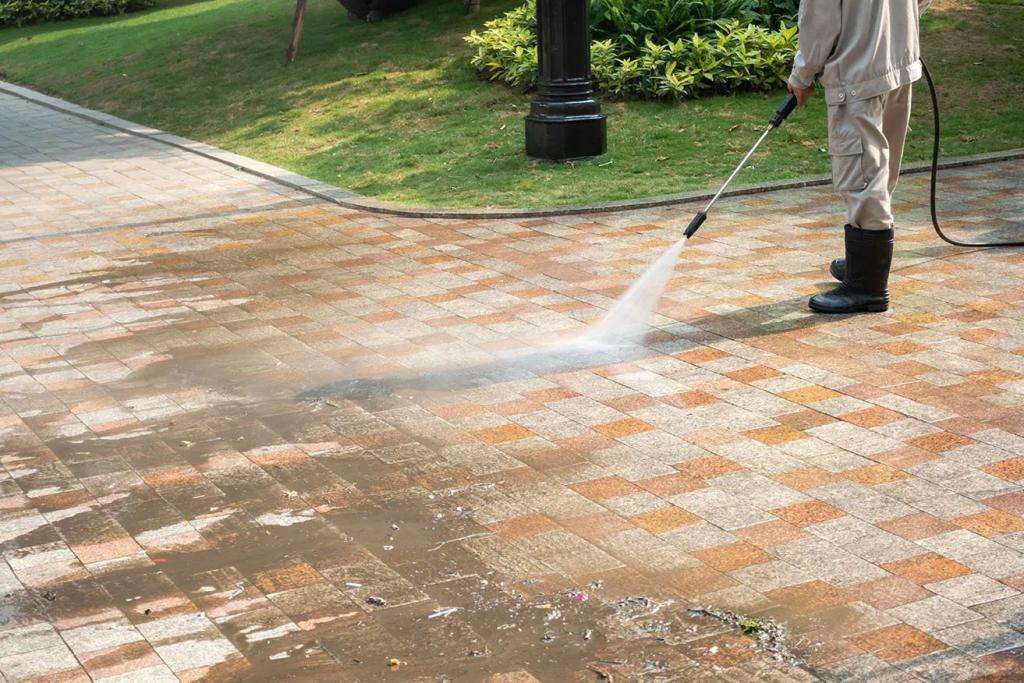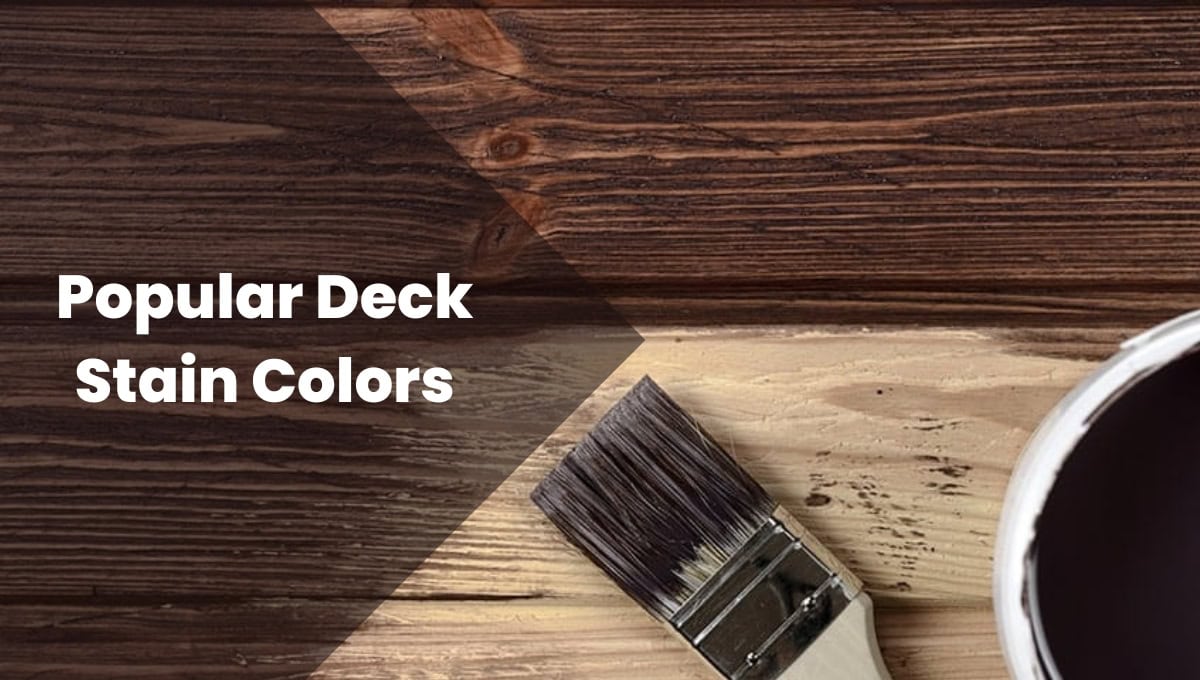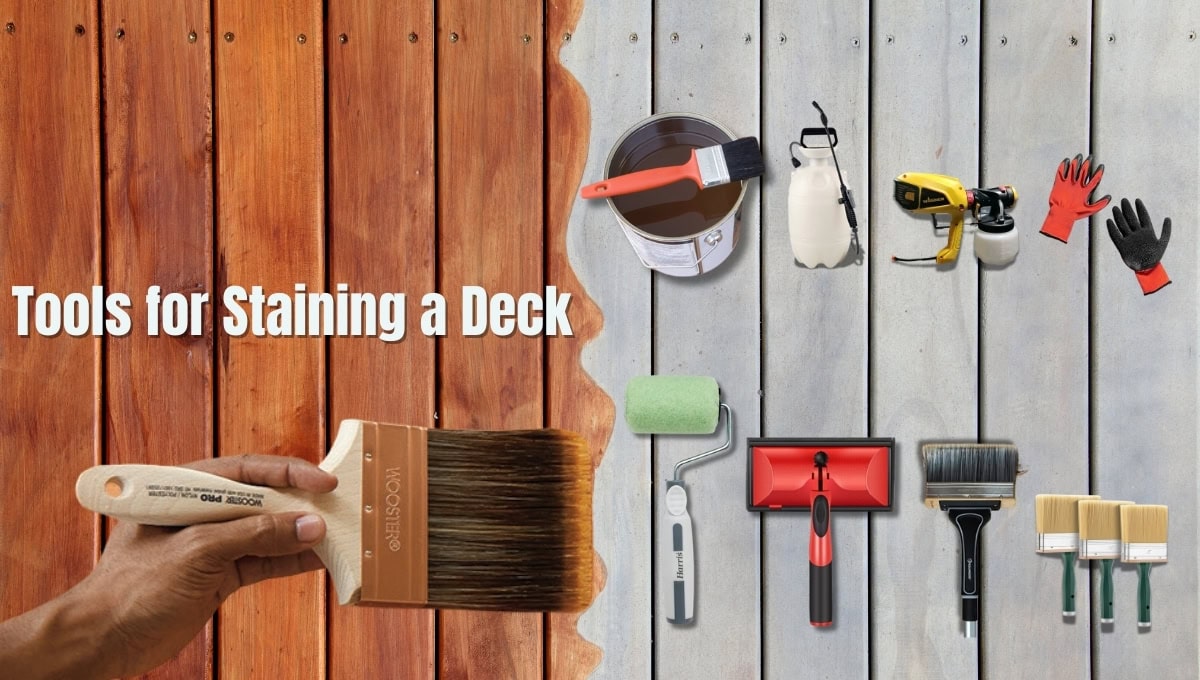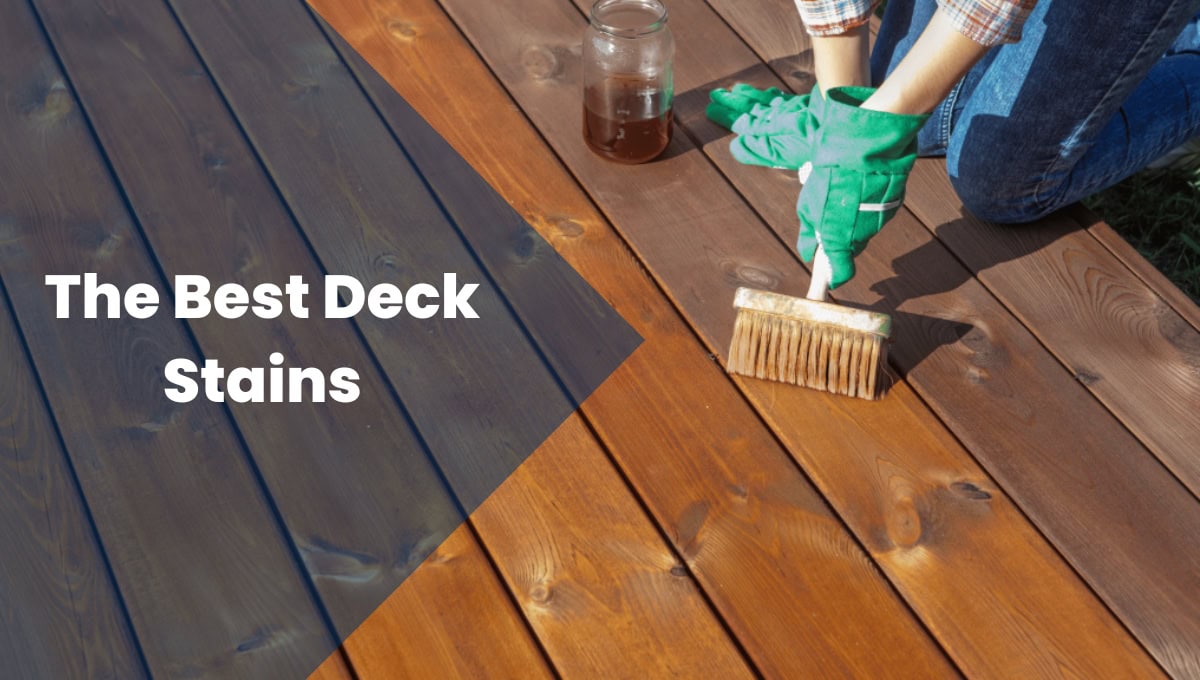Are you ready to pressure wash your home but unsure where to start? Whether you’re a homeowner tackling outdoor cleaning projects or a business owner looking to spruce up your property, setting up the right pressure washing setup for beginners is the key to success.
Pressure washing isn’t just about using high-pressure water; it’s about having the right equipment, techniques, and know-how to get the job done safely and effectively. In this guide, we’ll walk you through the essentials of setting up a pressure washer, discuss different pressure washing techniques, and introduce our expert services to help you achieve professional results.
What You’ll Need for Your Pressure Washing Setup
Before you dive into pressure washing, you’ll need to gather the following essentials:
1. The Right Pressure Washer
- Electric Pressure Washers: Lightweight, quieter, and perfect for smaller tasks like cleaning patios, outdoor furniture, or cars.
- Gas Pressure Washers: More powerful and suitable for tougher jobs like cleaning driveways, brick, or large surfaces.
2. Accessories and Attachments
- Nozzles: Color-coded nozzles offer different spray patterns and pressures. For example:
- Green (25°): General cleaning.
- Yellow (15°): Tough stains on concrete.
- White (40°): Delicate surfaces.
- Red (0°): High power for stubborn grime (use cautiously).
- Hoses: Ensure you have a sturdy garden hose for the water supply and a high-pressure hose to connect to your washer.
- Optional Add-ons: Consider surface cleaners for patios and soap injectors for deeper cleaning.
3. Safety Gear
Always prioritize safety with:
- Protective glasses.
- Gloves for better grip.
- Closed-toe shoes to shield your feet from accidental sprays.
How to Set Up Your Pressure Washer
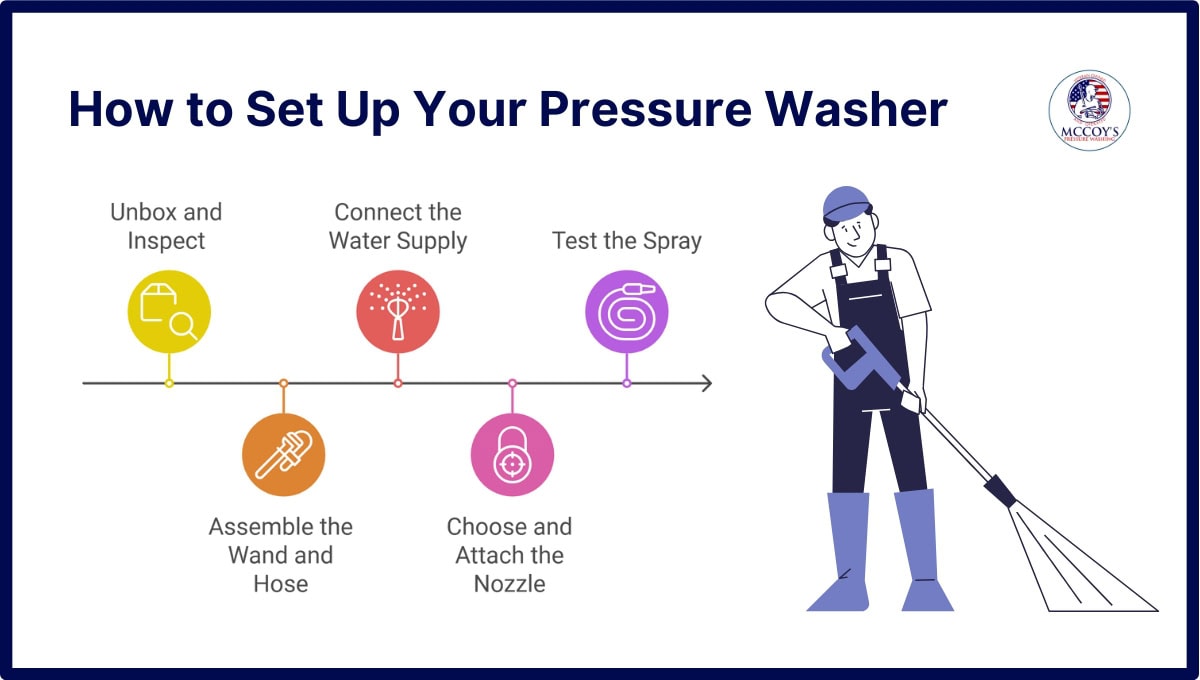
Follow these simple steps to get your pressure washer ready for action:
Step 1: Unbox and Inspect
Unpack your pressure washer and inspect all components, including hoses, nozzles, and connections. Check for any visible damage or missing parts.
Step 2: Assemble the Wand and Hose
Attach the spray wand to the trigger handle and connect the high-pressure hose to the washer. Ensure all connections are tight but not overtightened.
Step 3: Connect the Water Supply
Attach your garden hose to the pressure washer’s water inlet. Turn the faucet fully on to ensure a steady water flow.
Step 4: Choose and Attach the Nozzle
Select the appropriate nozzle for your task (refer to the nozzle guide above) and attach it to the spray wand by pulling back the collar, inserting the nozzle, and releasing the collar to lock it in place.
Step 5: Test the Spray
Before starting, squeeze the trigger on the spray wand for a few seconds to release any trapped air and ensure steady water flow. If everything looks good, you’re ready to clean!
Beginner-Friendly Tips for Using Your Pressure Washer
Here are some tips for beginners:
- Start with Low Pressure: Begin with a wider nozzle (white or green) and test it on a small, inconspicuous area to avoid damage.
- Maintain Distance: Keep the spray wand 6-12 inches away from the surface to prevent etching or stripping paint.
- Use Consistent Movements: Work in overlapping strokes and move steadily to avoid streaks or missed spots.
- Spray at an Angle: A 45-degree angle is best for directing dirt away from the surface.
Types of Pressure Washing Techniques
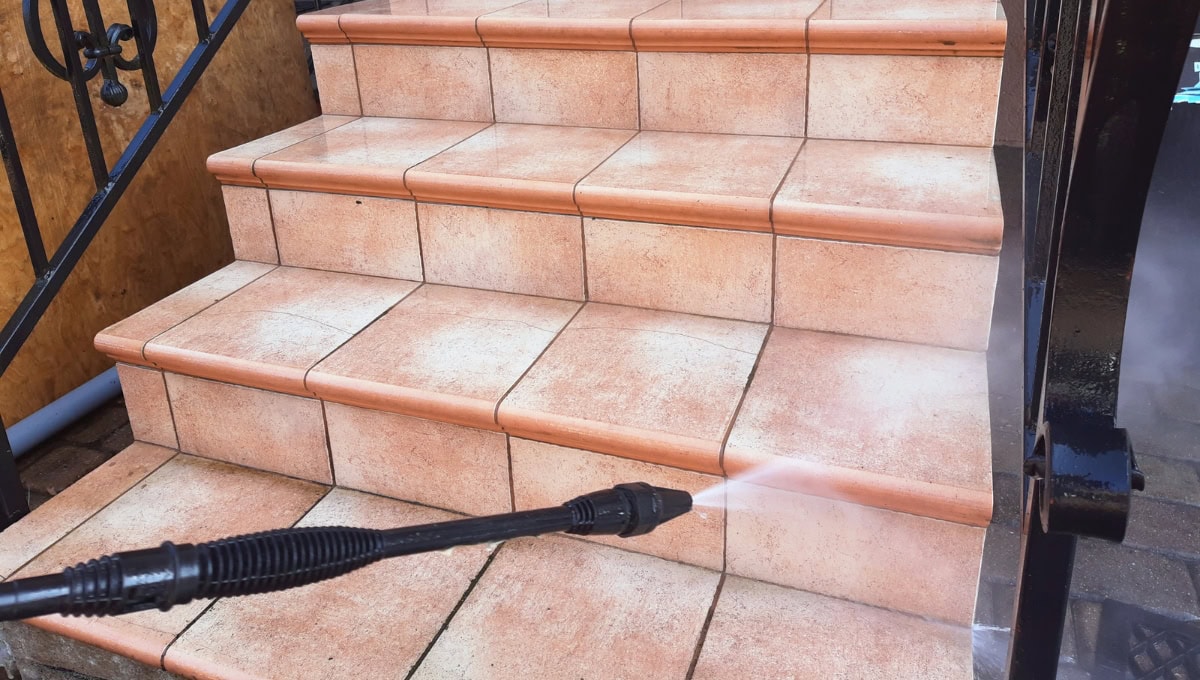
Pressure washing isn’t one-size-fits-all. The technique you use depends on the surface you’re cleaning and the results you’re aiming to achieve. Let’s explore the most commonly used methods and when to use each.
1. Soft Washing
Soft washing is a gentle, low-pressure method ideal for delicate surfaces like:
- Wood (decks, fences).
- Stucco (textured walls).
- Vinyl siding (home exteriors).
Using specialized cleaning solutions, soft washing loosens dirt, mold, and algae, which are then rinsed away with low-pressure water. It prevents damage while ensuring a deep clean. When comparing pressure washing vs soft washing, soft washing stands out for its ability to safely clean fragile surfaces that might be damaged by high pressure.
2. Hot Water Pressure Washing
Hot water pressure washing combines the power of high-pressure water with heat, making it highly effective for tough stains and grease. This method works best on surfaces such as:
- Concrete driveways and sidewalks.
- Brick walls.
- Metal surfaces (like machinery or outdoor furniture).
The heat helps break down stubborn contaminants, ensuring a thorough clean. This technique is particularly popular for commercial spaces with oil and grease buildup.
3. Power Washing
Power washing is often confused with pressure washing, but they differ in key ways. Power washing uses high-pressure water and sometimes incorporates heated water for enhanced cleaning power. It’s best suited for robust surfaces like:
- Driveways and patios.
- Sidewalks and walkways.
- Stone and brick surfaces.
When debating pressure washing vs power washing, power washing is the preferred choice for tackling deeply embedded dirt on hard surfaces. However, pressure washing can be a more versatile option for less stubborn grime and more delicate materials.
When to Call the Experts
While pressure washing can be a satisfying DIY task, some jobs are better left to professionals, especially if:
- You’re cleaning fragile or hard-to-reach surfaces.
- The project involves large areas or requires advanced equipment.
- You want guaranteed, professional-level results.
How to Choose the Right Pressure Washing Company
Choosing the right pressure washing company can be the difference between a professional cleaning that transforms your property and a disappointing experience. With so many options available, it’s essential to know what to look for when making your decision.
1. Check for Experience and Expertise
Pressure washing may seem straightforward, but it requires skill and experience to do it safely and effectively. Look for a company with a proven track record of delivering excellent results. Experienced companies are better equipped to handle different surfaces and challenges, ensuring your property is cleaned without damage.
2. Verify Licenses and Insurance
Always ensure the company you choose is licensed and insured. A licensed company demonstrates professionalism and adherence to local regulations, while insurance protects you from liability in case of accidents or property damage during the cleaning process.
3. Ask About Equipment and Techniques
The quality of equipment and the techniques used play a important role in achieving optimal results. Ask if the company offers specialized methods like:
- Soft washing for delicate surfaces.
- Hot water pressure washing for grease and grime.
- Power washing for tough stains.
4. Check for Eco-Friendly Practices
An environmentally conscious company prioritizes the use of eco-friendly cleaning solutions and techniques. It protects the environment and ensures the safety of your family, pets, and property.
5. Read Reviews and Testimonials
Customer feedback is a valuable resource when choosing a pressure washing company. Check online reviews, testimonials, or ask for references to learn about the experiences of previous clients. Consistently positive reviews are a good indicator of quality service and customer satisfaction.
6. Request a Detailed Estimate
Before hiring, ask for a detailed estimate outlining the scope of work, costs, and expected timelines. Transparent pricing demonstrates professionalism and ensures you’re not surprised by hidden fees later.
7. Consider Flexibility and Availability
A reliable pressure washing company will work around your schedule, especially if you’re running a business. Ensure they can accommodate your timeline and complete the job promptly without compromising quality.
Our Expert Pressure Washing Services
McCoy’s is dedicated to delivering professional pressure washing solutions tailored to meet the needs of homeowners and businesses. Our experienced team uses state-of-the-art equipment and techniques to ensure exceptional results for every project.
1. Residential Pressure Washing
Your home deserves the best care, and our residential services are designed to tackle dirt, grime, and mold from all types of surfaces, including:
- Soft washing for delicate areas like siding, roofs, and windows.
- Driveway and sidewalk cleaning to eliminate tough stains and restore curb appeal.
- Deck and patio washing to make outdoor spaces fresh and inviting.
We adapt our methods to suit your property’s unique needs, ensuring a safe and effective cleaning process every time.
2. Commercial Pressure Washing
We help businesses maintain a professional appearance with comprehensive commercial pressure washing services, including:
- Cleaning building exteriors to remove accumulated grime and mildew.
- Restoring parking lots and walkways for a polished, customer-ready look.
- Sanitizing storefronts and outdoor areas to create a welcoming environment for clients.
Our flexible scheduling ensures minimal disruption to your operations while delivering noticeable results.
Our services are available in Brentwood, Murfreesboro, Smyrna, Franklin, Lebanon and surrounding areas. Wherever you are, we’re here to help you maintain a clean and beautiful property.
Contact us today for a free estimate and discover how we can transform your property with our expert pressure washing services!

